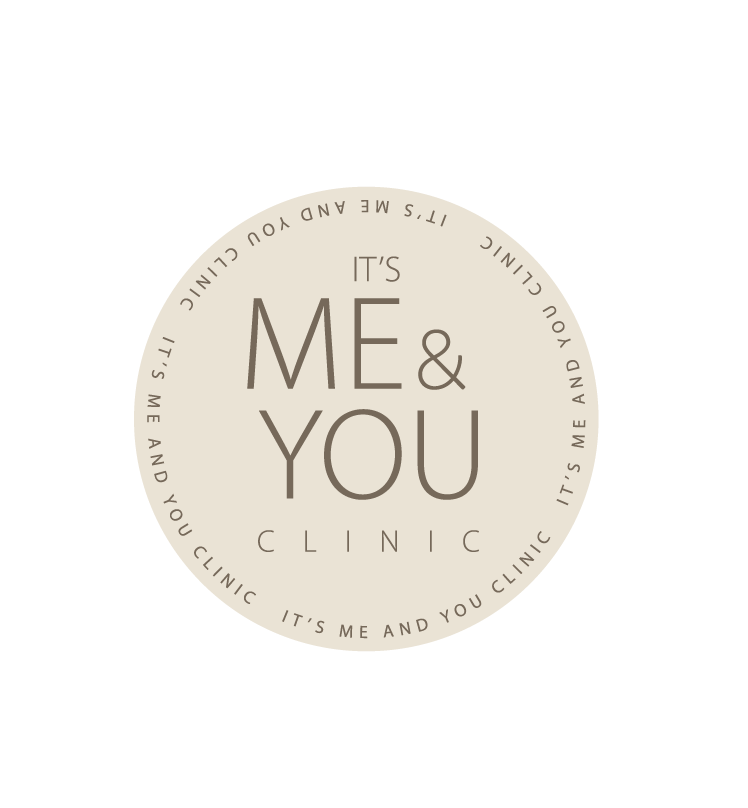With the popularity attained by lip fillers, some individuals need to be advised to get the treatment. This article explains lip fillers, the main worry about lip filler treatment and breastfeeding mothers, whether it is safe to have lip fillers while lactating and when to resume getting lip fillers.
Immediately after giving birth, most mums are eager to practice self-care routines. Some will go for a haircut, go to the gym, or head to a spa. But others will try to résumé their facial cosmetic treatments like lip fillers injections that they probably avoided for ninemonths while pregnant. However, cosmetic procedures, including the common lip filler treatments, are not recommended for lactating mothers. Generally, lip augmentation using fillers like hyaluronic acid and collagen stimulators are considered safe and effective in giving realistic plump lips. But one must have a healthy and strong immune system to qualify for filler treatments in most authorized clinics. Due to safety concerns of newly born kids, breastfeeding mothers are off the application of injectable lip fillers.
What Are Lip Fillers?
According to Luthra & Amit (2015), lip fillers are non-surgical cosmetic procedures used to restore or increase the volume of your lips. Factors like age, genetics and specific health complications can cause one’s lips to appear thinner. Therefore, lip fillers are injected into the lip tissues to make them appear plump, full, and fresher. However, the injections don’t produce permanent results since body tissues gradually absorb the filler ingredients. They are estimated to last for 4 to 12 months after the treatment depending on the concentration of the filler, the type of injectable lip filler, the professionality of the aesthetic doctor, and the patient’s body metabolic rate. Nonetheless, the food standard Agency (FSA) generally regarded filler treatment as safe, including lip augmentation.
Lip implants are more popular and practical simply because they produce a natural look that feels real. In addition, lip fillers are affordable and are accompanied by no or minimal complications and side effects that wear off within a few hours. However, qualified cosmetic practitioners don’t perform the magic procedure on various groups in society; they include pregnant women, lactating mothers, and children under 18.
What Is The Main Worry About Lip Filler Treatment And Breastfeeding Mothers?
The FSA does not approve cosmetic procedures for lactating mothers for fear of endangering the child. Even though it is believed that fillers can’t reach breast milk, professional cosmetics are cautious about lactating mothers. According to Marinelli et al. (2016), thereis unlimited researchon whether the medications administered for lip augmentation can be absorbed into mothers’ breastfeeding system or if the excreted milk can negatively impact the development and growth of the baby. Therefore, most cosmetic doctors are safe and avoid filler treatment in both lactating and pregnant mothers. Most cosmetic procedures like Injectables fillers pose a low risk of significantly being absorbed into the mother’s system and harming the development of both nursing infarct and foetus.
Is It Safe To Have Lip Fillers While Lactating?
Like most new mothers, one may wish to know the safety of their new baby if they get lip filler treatment. Unfortunately, the safety of lip fillers during breastfeeding has yet to be confirmed by any clinical studies. Most medical professionals tend to advise aesthetic doctors to be on the safe side of the medical field. Generally, lip filler injections are safe for people of good body health and accompanied by minimal or no side effects. The most common adverse effect is swelling and bruising, which wears off within 48 hours after the cosmetic procedure. However, mothers’ body mechanism during lactation tends to be more susceptible to infections due to weak body immunity. According to Droubi et al. (2020), a lot of energy is lost when one is giving birth, so the body’s defence system, including the natural healing process, tends to have slow responses. Hence, the mild side effect associated with any filler treatment may take days or weeks to wear off for breastfeeding mothers.
Administering lip fillers to lactating mothers is considered off-label for any qualified cosmetic clinic. Only a cosmetic doctor should know that one is breastfeeding and discuss when to return for lip augmentation. Ultimately, deciding between lip fillers and lactating mothers is up to the cosmetic injectors and the client’s discretion.
When To Resume Getting Lip Fillers?
Chu et al. (2020) explained that breastfeeding does not imply that one must abandon their dreams of having a plump full lip. Still, it is advised by FSA officials and qualified aestheticians to postpone their plans until they finish breastfeeding. As eager as one might be to resume filler treatments, it is important to be patient and consult the cosmetic doctor on when to make another new lip augmentation appointment. An average mom breastfeeds her kid for at least 6 to 10 months, depending on her child’s condition or preference. Afterwards, they gradually introduce solid foods while reducing the number of times she breastfeeds her child until the child is 24 to 30 months old. Therefore, qualified cosmetic doctors administer the lip filler injections after one has no signs of mastitis and is physically well.
FAQs about Lip Fillers
Does Pregnancy Cause Your Lips to Swell?
One of the common adverse effects of pregnancy is swelling of almost every body part, including the lips. As the belly grows during pregnancy, the lips can also appear bigger. It is normal, and the swelling may wear off as one gradually reaches the delivery period. However, you can still take cosmetic procedures to improve the lips’ shape.
Can I take BotulinumToxin Injections When Breastfeeding?
Botox toxin treatments are another popular method to restore the volume of harrowing cheeks due to age, provide plump lips, or eliminate any facial wrinkles. The cosmetic procedure is safe and offers temporal results. But like filler treatments, it is not advisable to try them when lactating. It would help if one waiteduntil the mastitis signs wore off to harness the benefits associated with the procedure.
Conclusion
Lips are the most appealing facial part that most patients tend to reshape or restore their natural youthful look. However, it is important to avoid the lip filler treatment when you are both pregnant or breastfeeding. There is no specific research on the safety of any cosmetic treatments, including lip augmentation, for lactating mothers. Therefore, patience is important until one fully breastfeeds their child. It is important to be honest with the cosmetic practitioners if one is breastfeeding, and they might give you a rescheduled appointment date for when to come for lip filler treatment.
References
Chu, Y., Bacos, J., & Becker, S. (2020). Non-surgical rhinoplasty using soft tissue fillers. Plastic and Aesthetic Research, 7, 73.
Droubi, M., Yasser, A. L., Mouhamad, M., & Al-Nerabieah, Z. Evaluation of using hyaluronic acid for lip enhancement on vertical tooth exposure in smiling.
Luthra, A. (2015). Shaping lips with fillers. Journal of cutaneous and aesthetic surgery, 8(3), 139.
Marinelli, E., Montanari Vergallo, G., Reale, G., Di Luca, A., Catarinozzi, I., Napoletano, S., & Zaami, S. (2016). The role of fillers in aesthetic medicine: medico-legal aspects. European Review for Medical and Pharmacological Sciences, 20(22), 4628-4634.
- Striking the Right Balance: Planning Your Post-Filler Facial Care - February 26, 2024
- Eyes on the Price: Understanding Under Eye Filler Costs Across the UK - February 21, 2024
- Balancing Beauty and Health: Lip Fillers and Antibiotics - February 20, 2024


